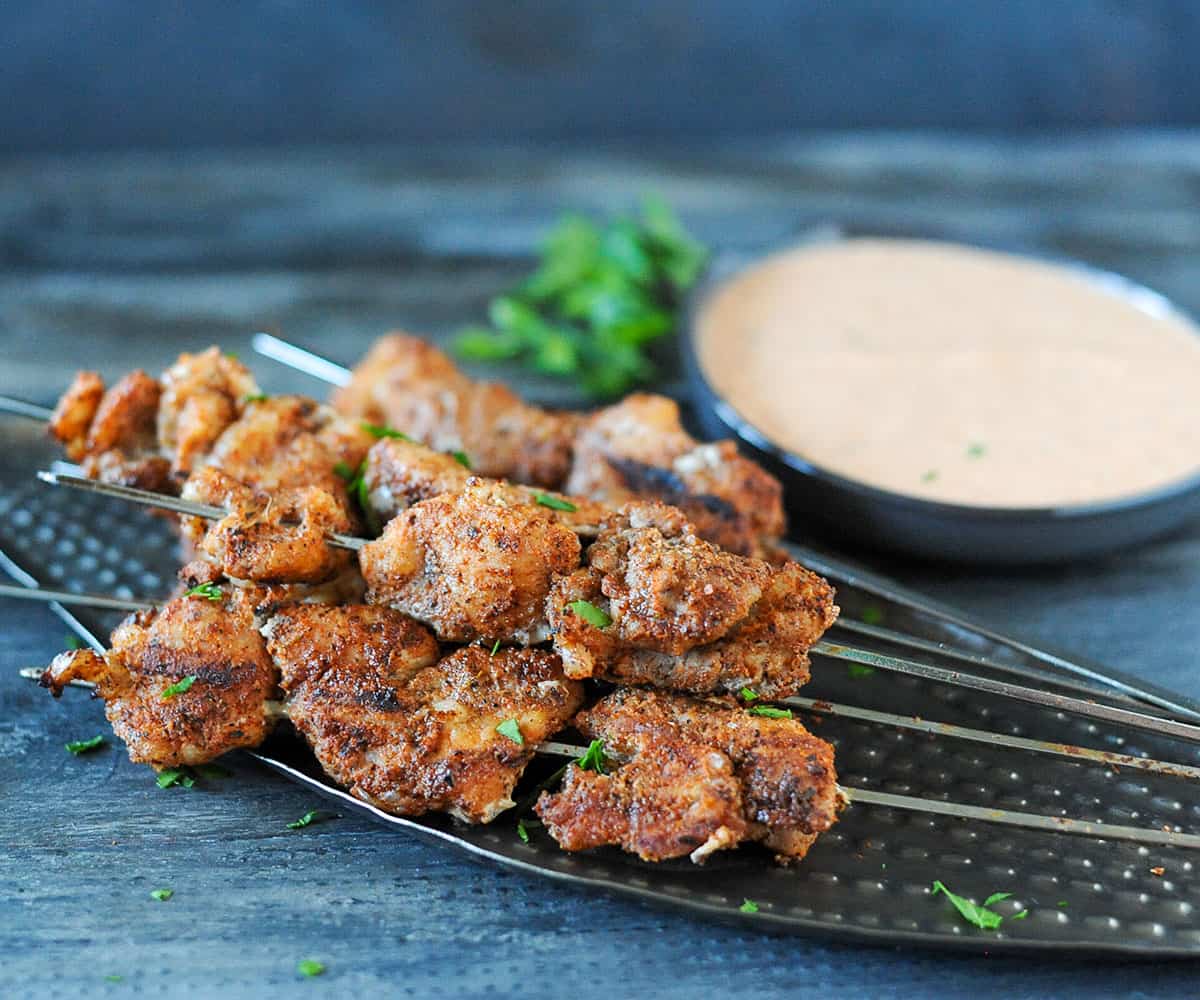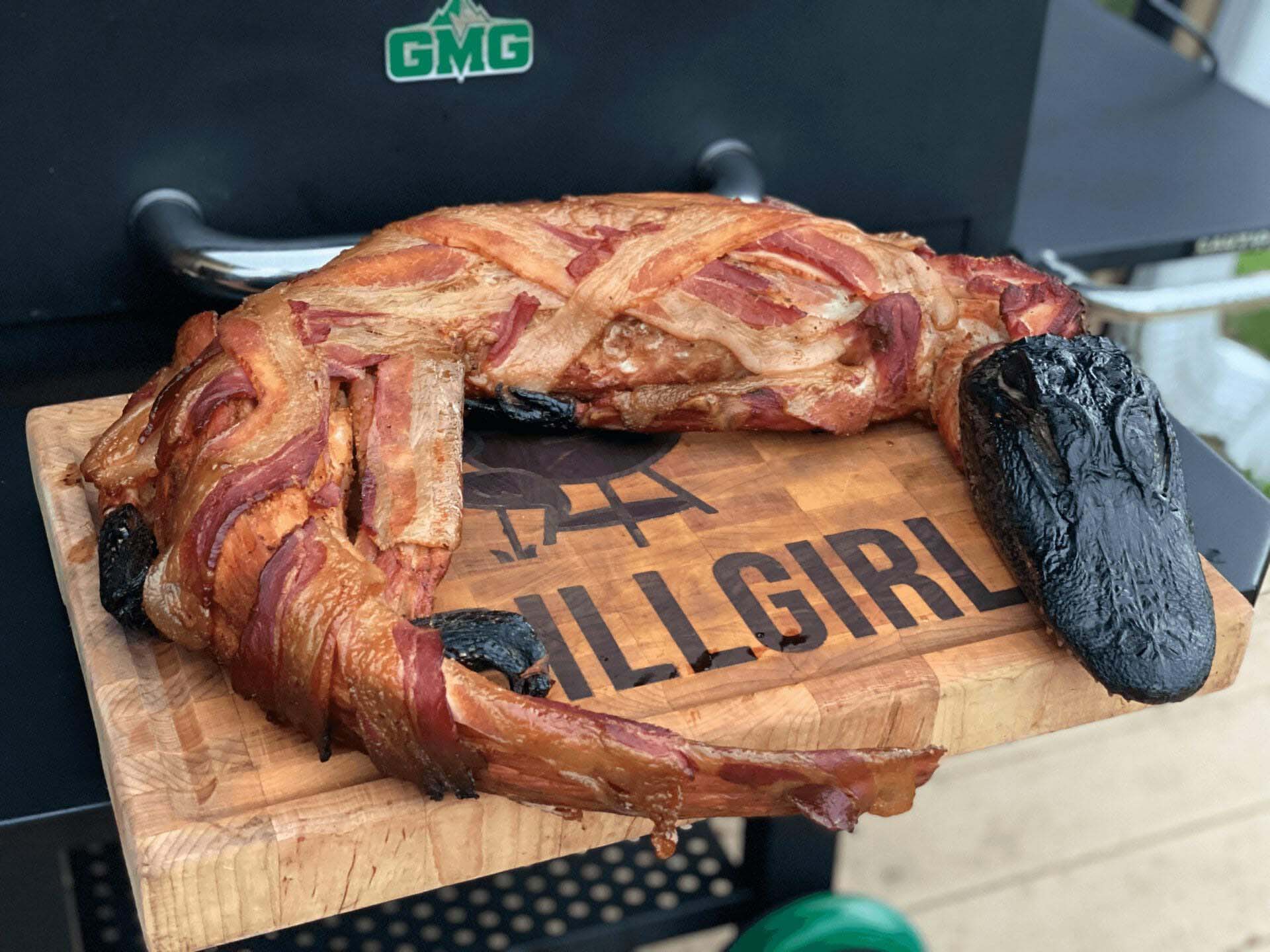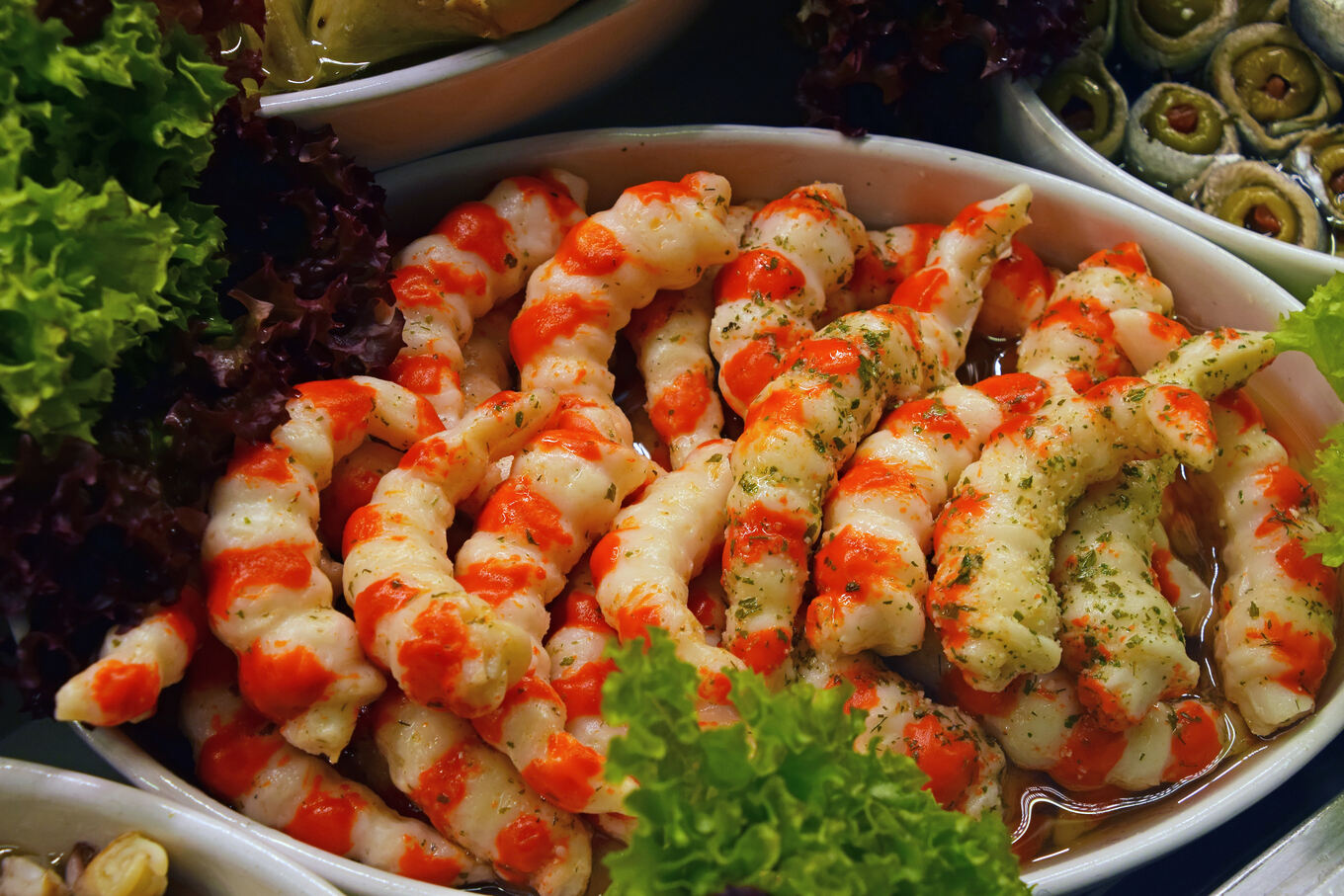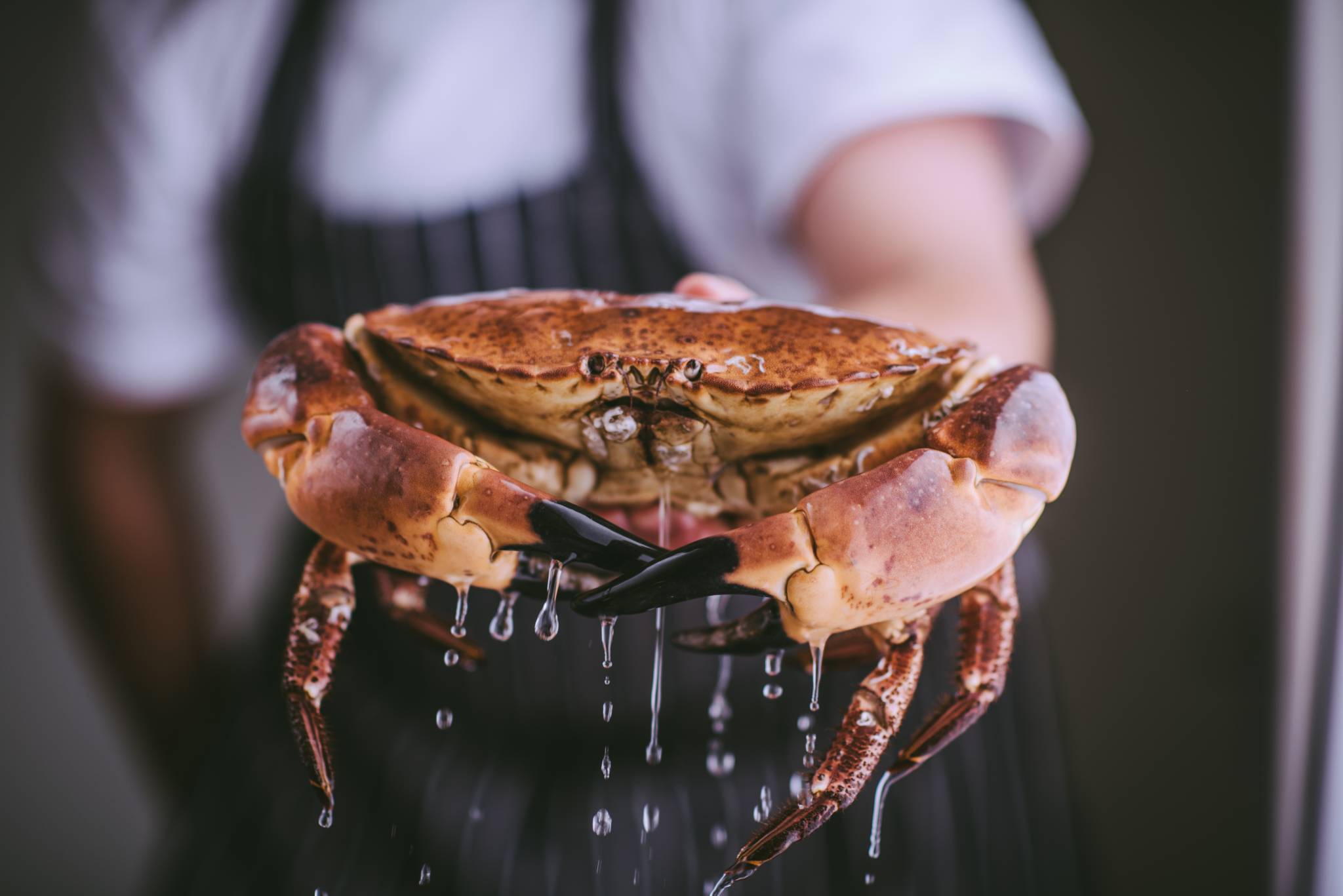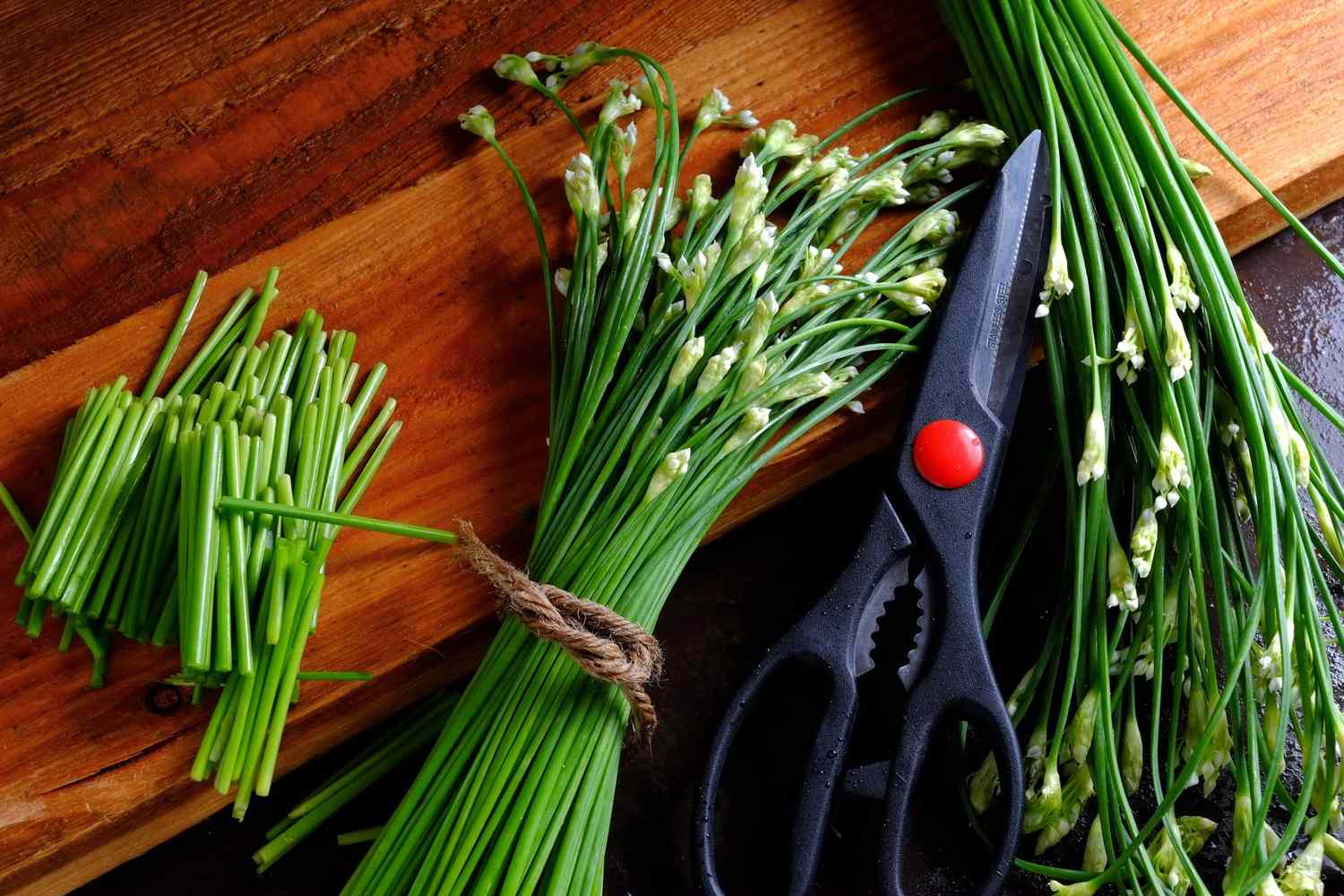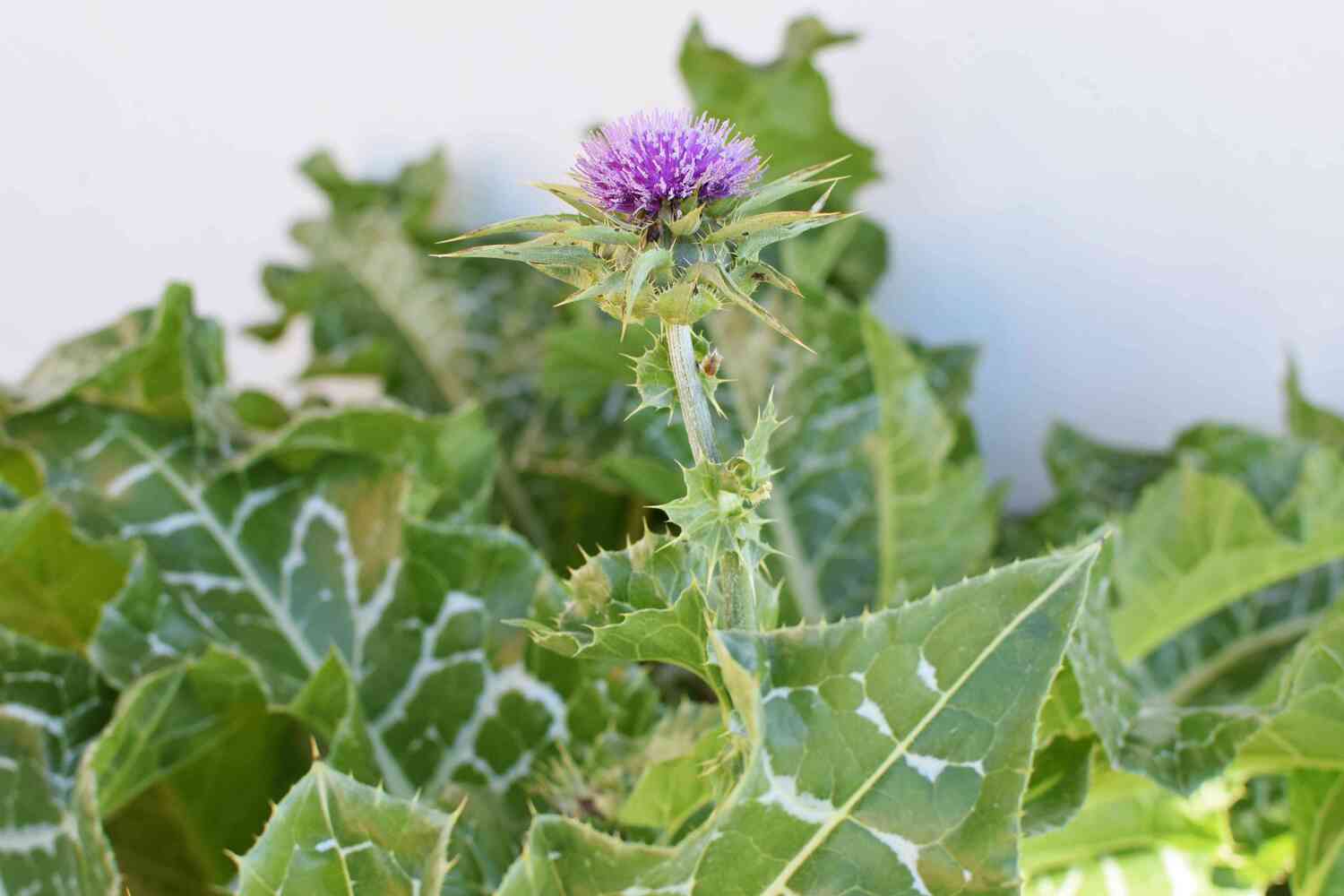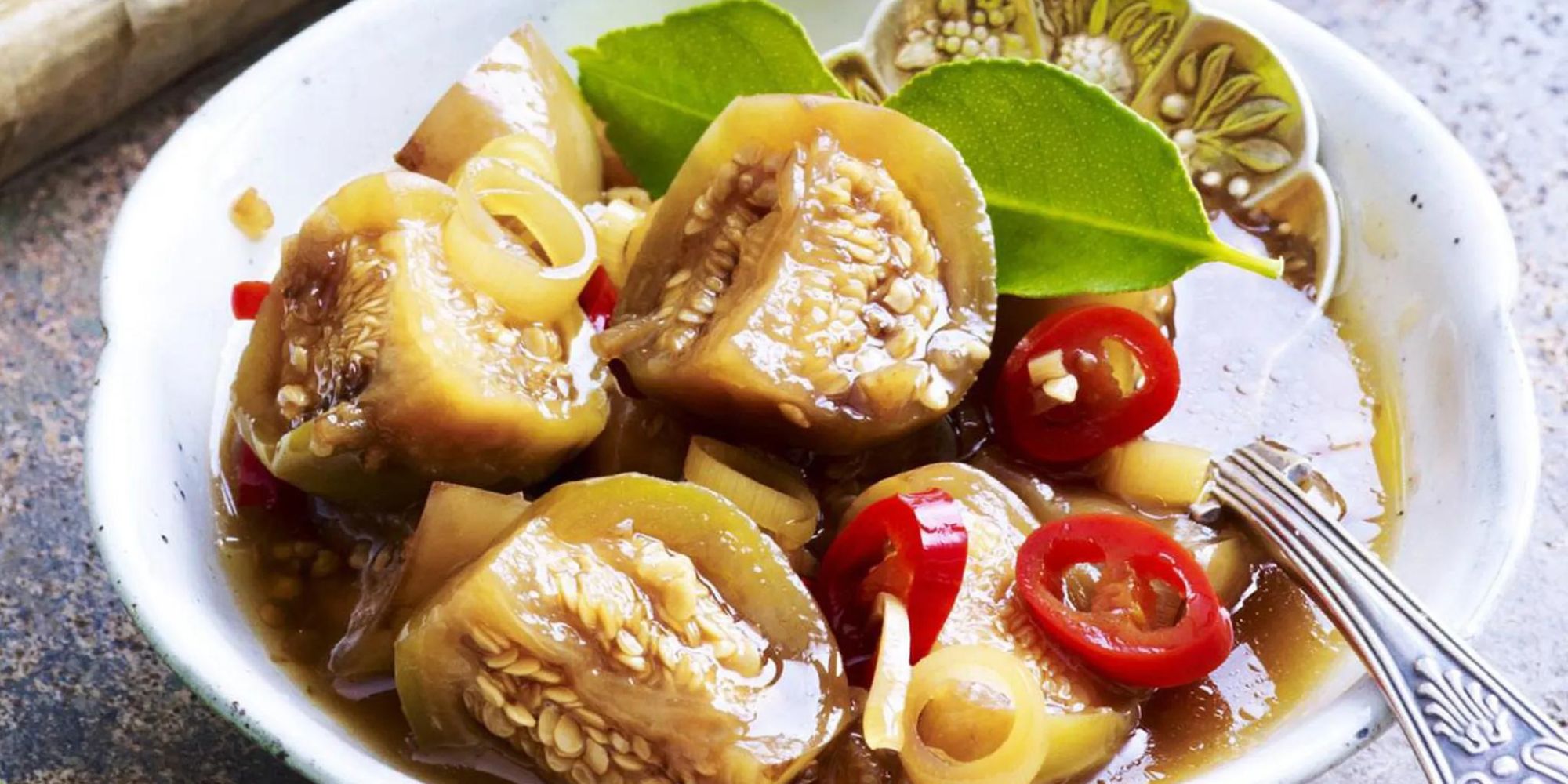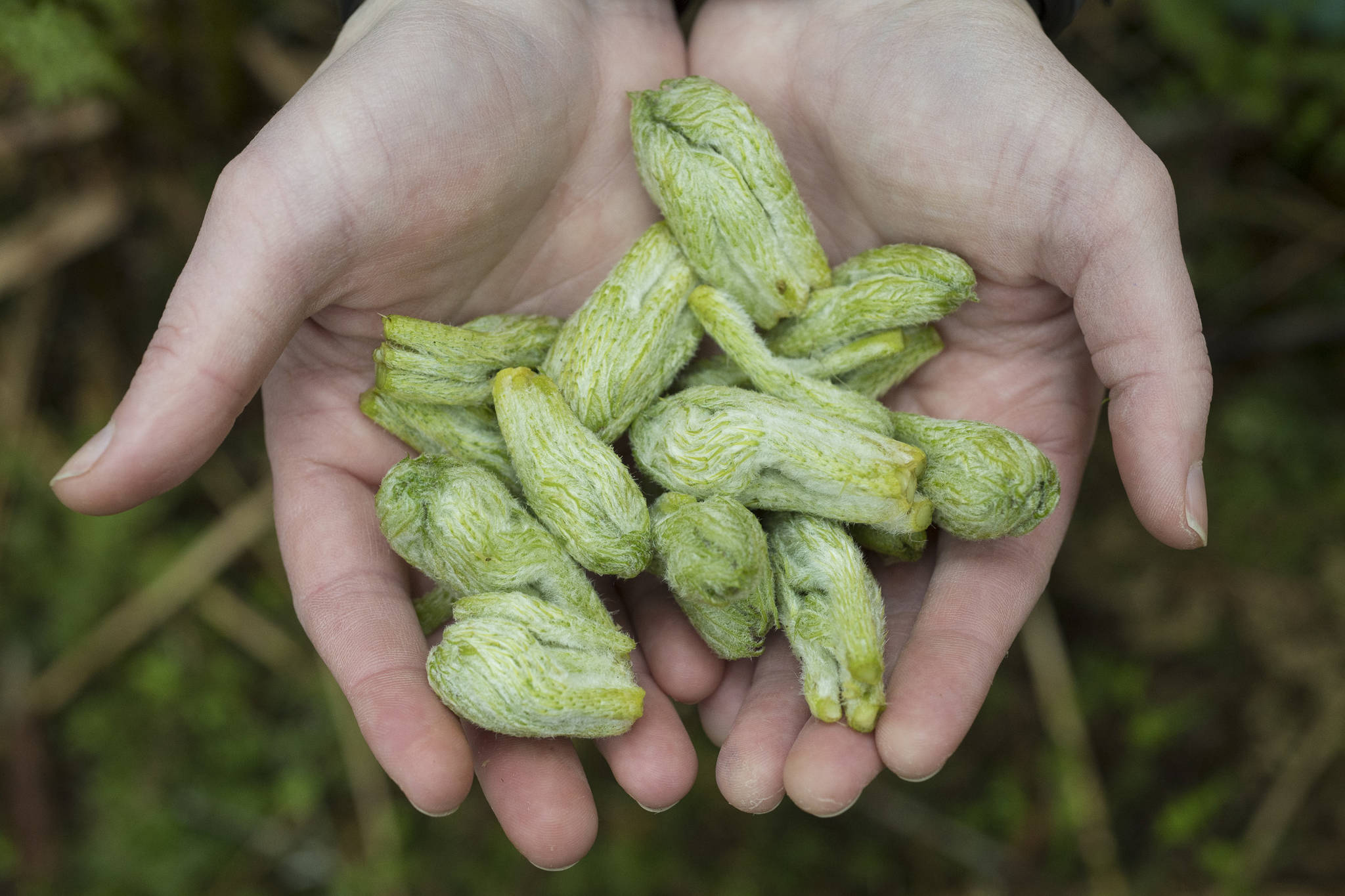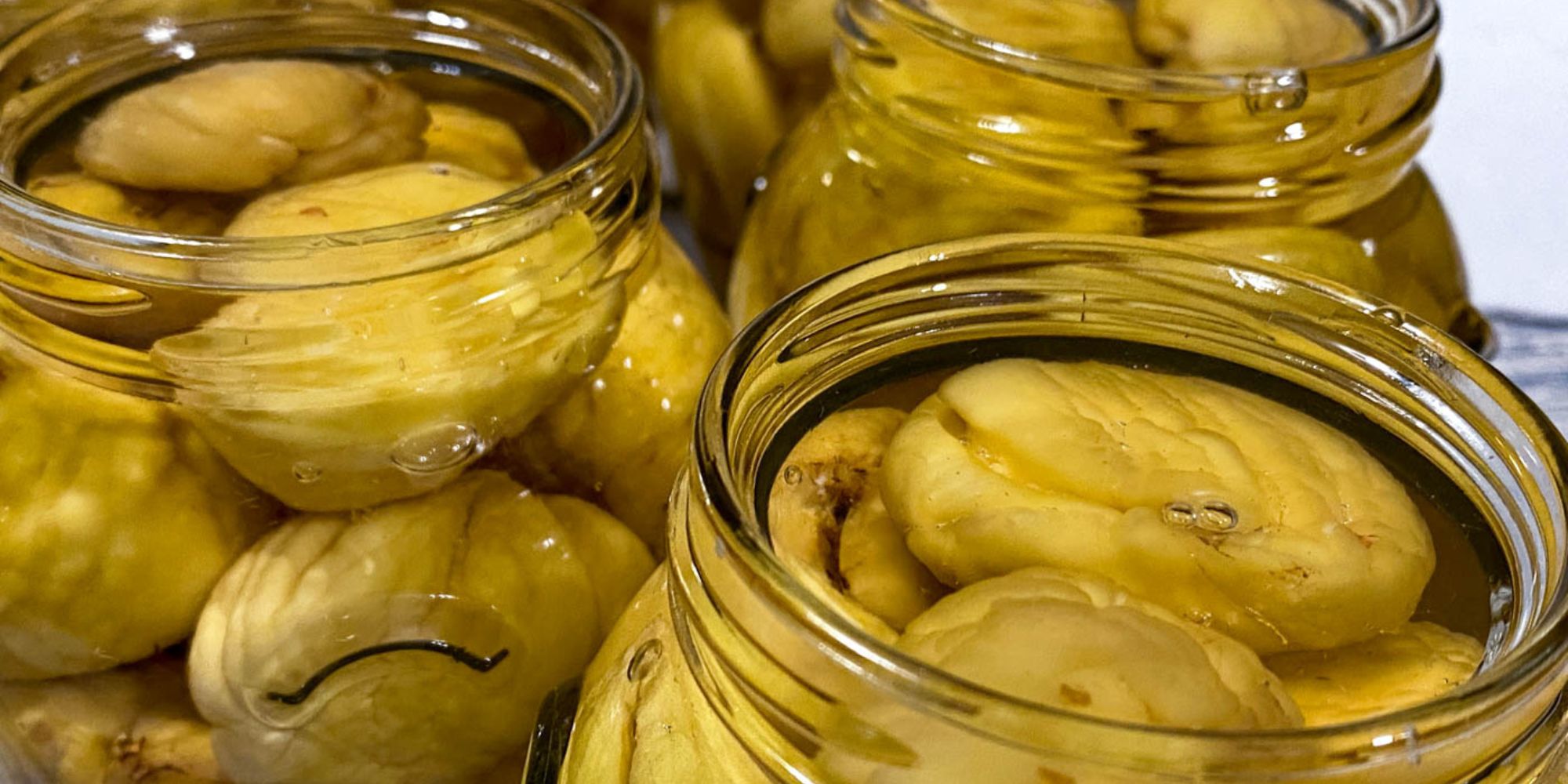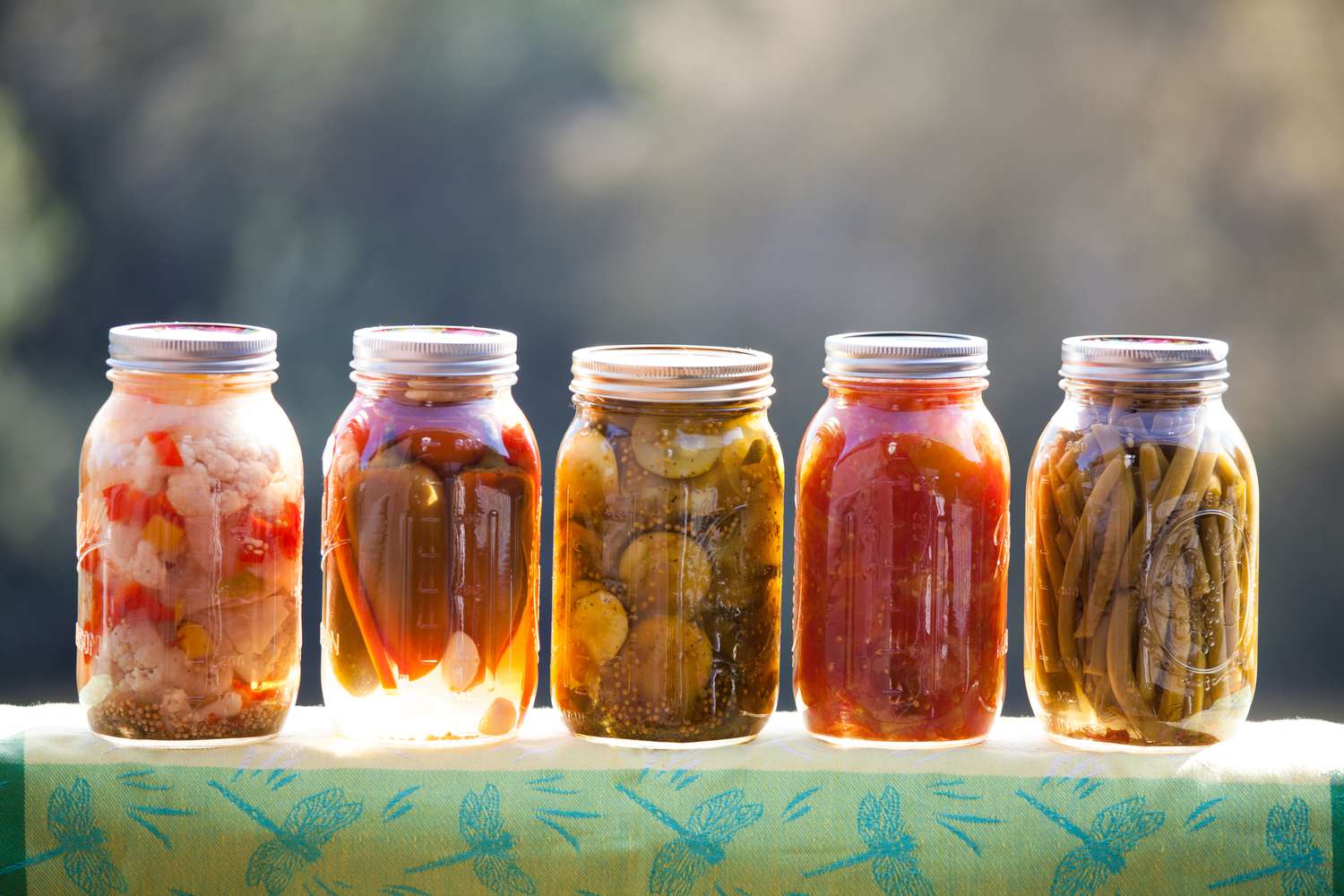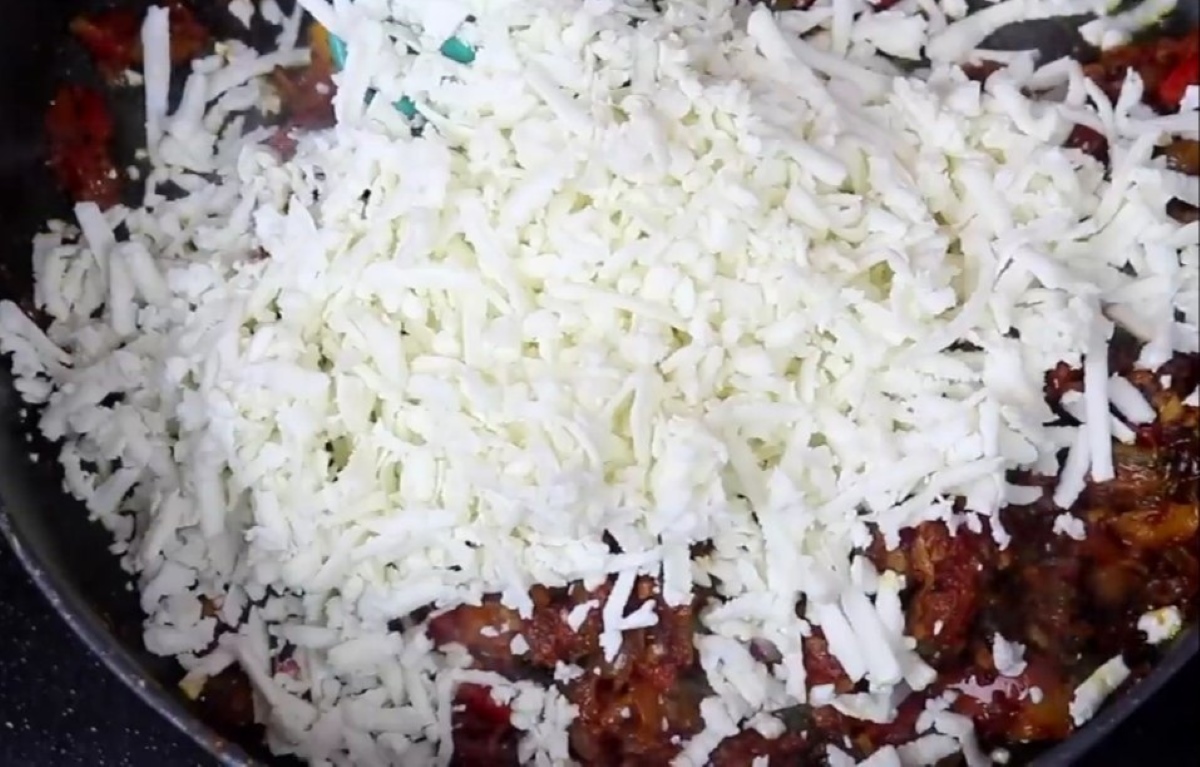Deep Frying Alligator Meat: A Unique and Delicious Experience
Are you looking to impress your friends and family with a unique and delicious dish? Look no further than deep-fried alligator meat! This exotic protein is not only tasty but also easy to prepare. In this guide, we will walk you through the steps to deep fry alligator meat to perfection.
Preparing the Alligator Meat
Before you start deep frying, it’s essential to prepare the alligator meat properly. Here’s how to do it:
- Thaw the alligator meat if it’s frozen. It’s best to let it thaw in the refrigerator overnight.
- Cut the alligator meat into bite-sized pieces. This will ensure that it cooks evenly and quickly.
- Season the meat with your favorite spices. Cajun seasoning or a simple mix of salt, pepper, and garlic powder work well.
Coating the Alligator Meat
Coating the alligator meat before frying will give it a delicious, crispy exterior. Follow these steps to coat the meat:
- Prepare a dredging station with three shallow dishes. Place all-purpose flour in one, beaten eggs in another, and breadcrumbs or cornmeal in the third.
- Dip each piece of seasoned alligator meat into the flour, then the egg, and finally the breadcrumbs or cornmeal, ensuring an even coating.
- Place the coated meat on a plate and allow it to rest for a few minutes. This will help the coating adhere better during frying.
Deep Frying the Alligator Meat
Now that the alligator meat is prepped and coated, it’s time to deep fry to perfection. Follow these steps for a delicious outcome:
- Heat vegetable oil in a deep fryer or large, heavy-bottomed pot to 350°F (175°C).
- Carefully place the coated alligator meat pieces into the hot oil, ensuring not to overcrowd the fryer.
- Fry the alligator meat for 3-5 minutes or until golden brown and crispy.
- Use a slotted spoon to remove the fried alligator meat from the oil and place it on a paper towel-lined plate to drain any excess oil.
Serving the Deep-Fried Alligator Meat
Once the alligator meat is fried to perfection, it’s time to serve and enjoy! Here are a few serving suggestions:
- Serve the deep-fried alligator meat with a side of creamy remoulade sauce for dipping.
- Pair it with coleslaw and hushpuppies for a classic Southern-inspired meal.
- Arrange the crispy alligator bites on a platter and garnish with lemon wedges for a beautiful presentation.
Now that you know how to deep fry alligator meat, it’s time to get cooking! Impress your friends and family with this unique and delicious dish that is sure to be a hit at any gathering.
For those looking to use their newfound deep-frying skills on alligator meat, there are some fantastic recipes to try. Start with the Cajun Deep-Fried Alligator Nuggets for a taste of Southern spice. For something with a kick, the Spicy Deep-Fried Alligator Bites with Remoulade Sauce will not disappoint. If you're in the mood for something unique, the Deep-Fried Alligator with Pineapple Salsa offers a delightful blend of flavors. And for a snack that everyone will enjoy, the Deep-Fried Alligator Popcorn Bites are perfect for any gathering. Each of these recipes brings its own flair to the table and showcases the versatility of deep-fried alligator meat.
